About API3
What is API3?
API3 is a decentralized project that aims to connect traditional application programming interfaces (APIs) with the blockchain ecosystem, facilitating the seamless integration of real-world data into smart contracts. By providing decentralized APIs (or dAPIs), API3 seeks to solve the blockchain oracle problem, which is the challenge of securely bringing off-chain data (such as price feeds, weather data, and other real-world information) onto the blockchain for use in decentralized applications (dApps).
API3’s goal is to enable decentralized versions of APIs to be built, managed, and potentially monetized at scale, while ensuring that smart contracts receive timely, reliable data. The API3 token (an ERC-20 token) plays a key role in the project by enabling governance through a DAO (Decentralized Autonomous Organization), where token holders vote on project upgrades and decisions.
Key Features of API3
- Decentralized Oracles: Unlike traditional oracles that rely on third-party services to fetch and deliver real-world data to smart contracts, API3 enables API providers to run their own decentralized oracle nodes. This removes the need for intermediary services and enhances transparency, security, and reliability in the data supply chain.
- Airnode Middleware: API3 introduces Airnode, a lightweight and decentralized middleware that enables API providers to deploy oracles quickly and without needing to alter their existing infrastructure. Airnode aims to provide a simple, secure, and cost-effective way for API providers to connect their APIs to blockchain applications, reducing transaction fees and enhancing operational efficiency.
- Smart Contract Integration: API3 bridges the gap between decentralized finance (DeFi) applications and real-world data, enabling smart contracts to execute based on the most accurate and up-to-date information. This includes everything from cryptocurrency prices and market data to supply chain tracking, insurance, and weather data.
- Governance via DAO: API3 is governed by a Decentralized Autonomous Organization (DAO), where API3 token holders can vote on protocol upgrades, decisions on data providers, and governance issues. This democratic approach ensures that the community has a say in the direction and development of the project.
- Monetization of APIs: API3 enables API providers to monetize their services on the blockchain by offering decentralized API services (dAPIs) that can be accessed by blockchain applications, dApps, and smart contracts. API providers earn rewards and incentives in API3 tokens for contributing to the ecosystem.
How Does API3 Work?
API3 works by creating a decentralized network of oracles that link smart contracts on blockchains with off-chain data from APIs. Here’s how it functions:
- API Providers Running Nodes: In API3, API providers are incentivized to run their own nodes (via the Airnode middleware) that feed data directly to blockchain applications. This reduces reliance on intermediary oracle services and increases the reliability and transparency of the data source.
- Airnode Middleware: Airnode is a decentralized middleware layer designed to make it easier for traditional API providers to become part of the blockchain ecosystem without needing to change their existing infrastructure. Airnode is deployed by the API provider, which then enables their API to deliver data securely to smart contracts and dApps.
- Smart Contracts and Data Access: Smart contracts on blockchains can query these decentralized APIs (dAPIs) directly for real-time data, such as market prices, asset valuations, weather conditions, or other data points, allowing these contracts to execute based on trusted, up-to-date information. This could be used in applications ranging from DeFi trading strategies to supply chain automation.
- Decentralized Oracle Network: Instead of relying on centralized oracles, API3’s decentralized approach ensures that smart contracts can interact directly with multiple decentralized sources of data. This allows for higher security, reduced costs, and less reliance on third-party services for data retrieval.
- API3 DAO: The governance of the API3 protocol is decentralized, and decision-making is carried out by the API3 DAO. Token holders of API3 can participate in this governance, vote on proposals, and influence the direction of the project. This includes decisions on which APIs to integrate, network upgrades, and platform changes.
Potential Use Cases for API3
- Decentralized Finance (DeFi): One of the most significant use cases for API3 is in DeFi applications, where accurate and real-time data is crucial for the functioning of smart contracts. API3 can provide data for crypto prices, interest rates, liquidity pools, and other financial data that are essential for executing trades, lending, and staking in a decentralized manner.
- Supply Chain Management: API3 can provide real-time supply chain data to smart contracts, enabling automated tracking of goods from origin to destination. Information like product location, shipment status, and other relevant details can trigger automated contract execution, improving transparency and efficiency in global supply chains.
- Insurance: In the insurance industry, API3 can be used to provide real-world data for use in decentralized insurance platforms. For example, weather data from APIs could be used to trigger claims in event-driven insurance policies, such as those for natural disasters.
- IoT (Internet of Things): Smart contracts can use API3 to access data from IoT devices, making it possible for decentralized applications to automate tasks based on physical world conditions. For example, smart homes, manufacturing plants, or automated farming could leverage data from connected devices to trigger actions in the blockchain ecosystem.
- Gaming: In the gaming industry, real-time data is often required for game mechanics such as item rarity, pricing, or game events. API3 can allow decentralized games (dApps) to fetch up-to-date external data to manage in-game economies and events securely.
- Data Monetization: API3 provides an opportunity for API providers to monetize their data on the blockchain. By creating decentralized APIs, providers can enable smart contract access to their data and earn revenue in API3 tokens.
- Health and Wellness: API3 could be used to integrate health data (e.g., patient records, medication tracking) with smart contracts, enabling decentralized health applications. This could create new ways to verify medical records, ensure data privacy, and incentivize wellness activities on blockchain networks.
History of API3
API3 was officially unveiled in September 2020 with the release of its whitepaper, outlining its vision to decentralize API services and provide secure real-world data for smart contracts. The project was founded by three individuals:
- Heikki Vanttinen
- Burak Benligiray
- Saša Milić
The founders have backgrounds in blockchain technology, computer science, and data science, and sought to address the growing need for decentralized oracles in the blockchain space. The API3 token was launched in December 2020 following a token sale to fund the project’s development.
API3’s primary goal is to create a decentralized version of traditional API services, which are critical for the functioning of decentralized applications. The project aims to make it easier for API providers to join the blockchain ecosystem while enhancing the security, transparency, and efficiency of blockchain-based applications.



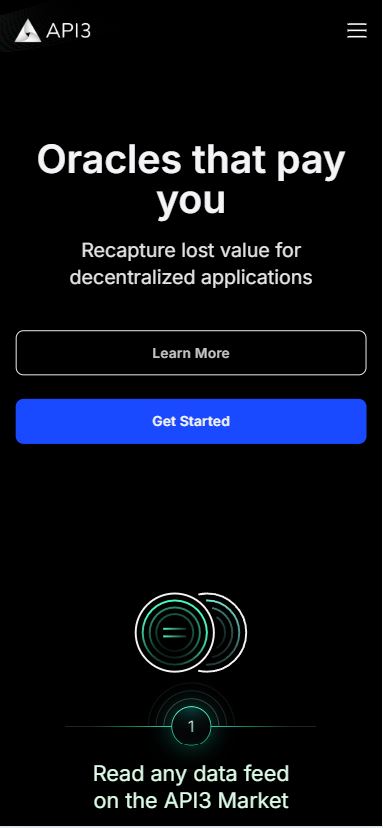
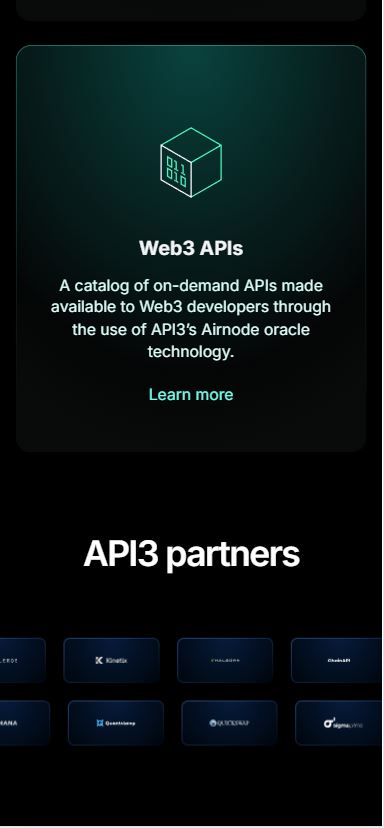
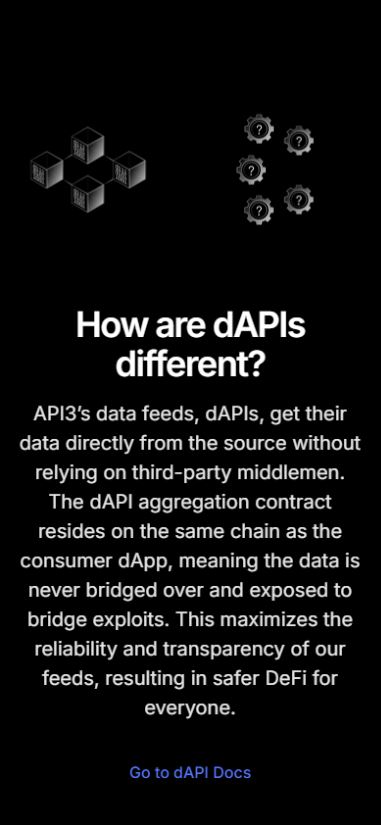
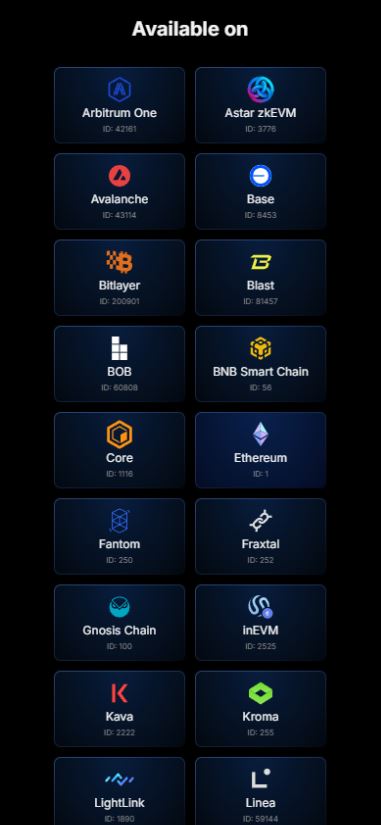
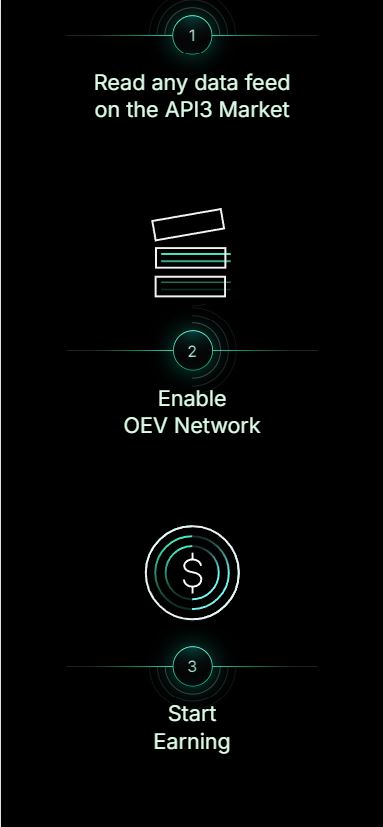

















Reviews
There are no reviews yet.